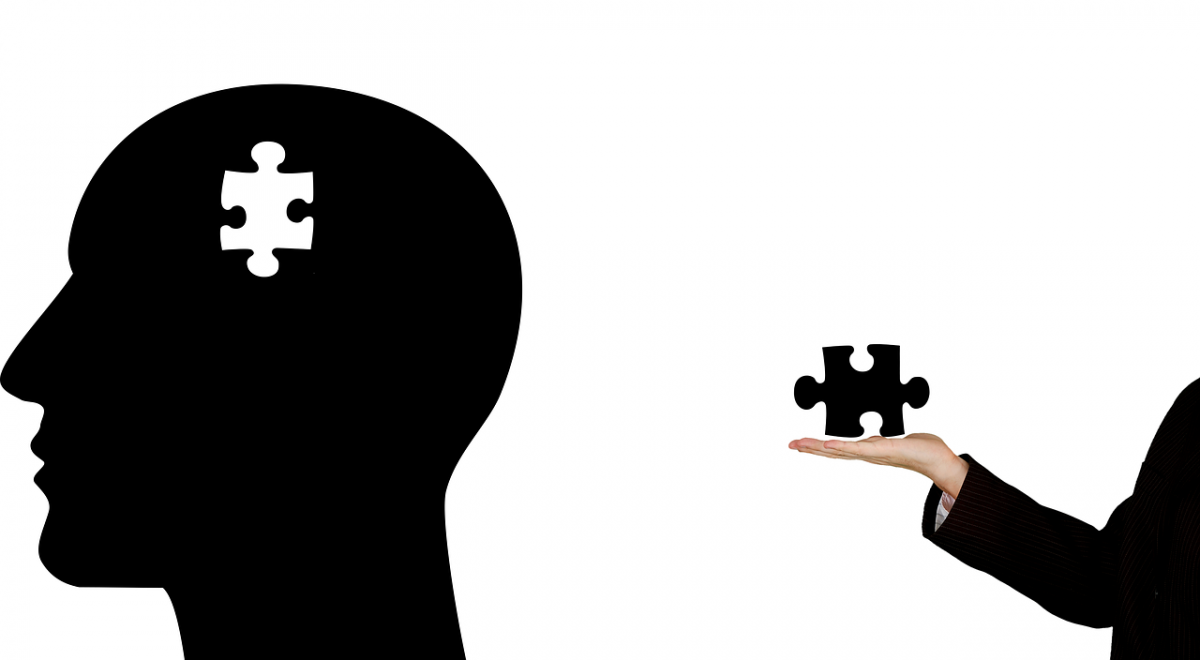AI is set to transform our approach to health and wellbeing. From mental health chatbots to predictive analytics, AI is changing the way consumers and businesses approach wellness.
Mental Health Concerns on Rise
Mental health disorders are on the rise globally. Depression is a primary cause of disability. According to WHO, suicide is the fourth highest cause of mortality among those aged 15 to 29. People with serious mental illnesses die prematurely, up to two decades earlier, due to avoidable physical diseases. The divide between those who require care and those who have access to care remains significant. Treatment coverage is still extremely poor that can be met by extensive use of AI in this field.
AI as Solution
The use of artificial intelligence represents a possible route for transforming mental health treatment. AI is a light of hope for those seeking comprehensive and personalised services, with the potential to improve diagnosis, treatment, and support. Advanced algorithms and data analysis enhance pattern detection, issue prediction, and personalised solutions. While the emergence of AI in mental health has enormous potential, it also presents critical ethical and practical issues. As a result, it is critical to strike the proper balance between technical advancement and human contact.
Artificial intelligence (AI) is making substantial advances in mental health treatment through new applications. Machine learning early detection enables the analysis of social media postings and other data sources to find minor patterns indicative of mental health issues. This early intervention capacity holds the possibility of immediate help, perhaps avoiding mental health disorders from worsening. Furthermore, AI aids to diagnostic assistance by assessing patients’ linguistic clues and emotional subtleties using natural language processing (NLP). Chatbots powered by NLP engage users in chats to assess their mental health, offering physicians with important insights and improving assessment accuracy.
Furthermore, the combination of virtual reality (VR) technology and artificial intelligence (AI) provides immersive therapy experiences for trauma and anxiety patients, establishing controlled situations to assist individuals in confronting and managing psychological discomfort in a secure setting. The capacity of AI to use patient data to create personalised treatment plans improves mental health care by adapting interventions to individual requirements.
Furthermore, AI-powered mental health education is democratizing access to information and coping strategies. Chatbots equipped with AI engage users in conversations, providing accessible guidance and resources. These applications collectively exemplify how AI is transforming mental health care by enhancing early detection, diagnostics, therapy, personalized treatment, and educational support, ultimately contributing to a more comprehensive and individualized approach to well-being.
Challenges in Implementation
AI bias, particularly in facial recognition and prediction technology, raises the possibility of biassed consequences, particularly for people of colour. AI training with specific demographic data causes disparities in healthcare recommendations. Healthcare providers should diversify AI training data to enhance equity. When sharing health-related data with generative AI systems, privacy problems arise, including dangers of privacy breaches and identity theft. Harmful suggestions in AI wellness data may result from prejudice and a lack of human understanding, emphasising the significance of professional monitoring. The possible loss of human ties, which is especially troubling for people who suffer from social anxiety or depression, emphasises the importance of balancing AI help with the essential need for human connection.
Future Direction
The dynamic potential of artificial intelligence (AI) promises a viable path forward for mental health treatment in the future. As technology advances, artificial intelligence (AI) will play a revolutionary role in altering how mental health treatments are offered and experienced. The power of artificial intelligence (AI) to handle massive volumes of data, combined with advanced algorithms, has the potential to revolutionise diagnosis, treatment planning, and intervention tactics. The continual development of AI apps suited to various mental health issues offers a more sophisticated and individualised approach to therapy that addresses each patient’s specific requirements.
Moreover, the fusion of AI with emergent technologies such as virtual reality (VR) and portable devices is paving the way for a holistic paradigm in mental health care. VR, when integrated with AI, offers immersive therapeutic experiences for individuals dealing with trauma, anxiety, or other mental health challenges. The controlled environments created by AI-driven VR scenarios provide a safe space for exposure therapy and skill-building, contributing to more effective and personalized treatment strategies. Portable devices, enhanced by AI capabilities, enable real-time tracking of mental health trends, facilitating early intervention and preventive measures. This synergistic blend of AI with emerging technologies not only expands the scope of mental health care but also promotes accessibility and inclusivity, ensuring that individuals globally can benefit from these transformative advancements. As we move forward, the integration of AI and innovative technologies is poised to usher in a new era of mental health care characterized by precision, accessibility, and enhanced therapeutic outcomes.
Are you intrigued by the limitless possibilities offered by modern technologies? Can you imagine a potential transformation in your business through innovative solutions? If so, we invite you to embark on a journey of exploration and evolution!
Let’s initiate a transformative partnership. Reach out to us at open-innovator@quotients.com.






